|
Here's our next installment of Kids in the Garden! Did you know that you can compost with worms? It's called Vermicomposting and Master Gardener Volunteer Cheryl is here to teach you how she cares for her super composting worms. Her worms take food waste and newspaper and turn it into a super nutritious amendment for her garden soil.
0 Comments
Want to get a little fancier with your raised bed? We are sharing the design for the tiered planter originally built for the Teaching and Display Garden at the Spooner Ag Research Station. The tier planter box is constructed using 2' x 6' cedar and assembled with deck screws. Click here for complete plans. Contributed by: Russ Parker, UW Extension Master Gardener Volunteer
These blog posts are meant to share what we have learned as Master Gardener Volunteers through online media with blogs and Facebook posts. This past year visits to our web pages have increased by 86% with 2,430 visits.
A new feature included a subscription service that sends an email when a new post is available. See how to subscribe with the information on the left sidebar. Blog posts gave growing tips, plant profiles, and event announcements along with garden advice. In all over 5,000 web pages were viewed that provided access to information with a local twist. Thank you for joining us. We look forward to providing our readers with even more gardening know-how in 2020. Master Gardener Volunteers planted tended and harvested two Spooner school gardens, resulting in 120 students attending. The children learned about gardening, and healthy eating from seed to fork.
The produce was turned over to the cafeteria workers to make a harvest soup and the overabundance of carrots and potatoes was donated to the food pantry so members in our community with food insecurities could have fresh produce. Photo by Michael P. King/UW–Madison CALS Master Gardener Volunteers (MGV) conducted a melon tasting in September at the Siren Farmers market. The weather was rainy but the market had a good turnout. We were able to get the minimum of 20 testers by the time the conditions worsened to close the market. Testers seemed to enjoy the process of rating the melons and were interested to learn that we were UW Extension Master Gardener Volunteers and that the melons came from the Seed to Kitchen Collaborative, an organic vegetable variety research trial conducted at the Spooner Agricultural Research Station. They were especially interested that these were European varieties that have a short growing season which would make them idea for conditions in Burnett County. Other nearby vendors volunteered to sample and hear more about the research going on to test new melon varieties. The sampling event was a great way to help people hear about and actually experience what the Research Station is doing to benefit the community. This is part of a series profiling just a few of the projects that
Master Gardener Volunteers are involved with in our area in 2019. The Lac Courte Oreilles Ojibwa Community College invited Master Gardener Volunteers and staff of UW-Extension to participate in their Family Farm Day. We highlighted the importance of soil with hands-on activities and various examples of soil and a 3-D topographical map of Wisconsin.
Over 200 pounds of squash and tomatoes were given away to families attending the event thanks to the Spooner Agriculture Research Station and the Seed to Kitchen organic vegetable research project. We also brought sage herbs ready to be planted. Sage is one of the four sacred Native American medicines. Sage is used to prepare people for ceremonies and teachings. It is also used for cleansing homes and sacred items. The sage planting was appreciated and of interest with both young and old in the Community with 50 people attending. Master Gardener Volunteer Nikki Halverson volunteered at the library for an after school program where she signed the 14 children up for the tomatosphere project. Tomatosphere™ uses the excitement of space exploration to teach the skills and processes of scientific experimentation and inquiry. Students investigate the effects of the space environment on the growth of food that will inevitably support long-term human space travel. Each classroom is sent two packages of tomato seeds. One package contains seeds that have been sent into space and the other package contains “control” seeds, which have been kept on Earth. Through the Tomatosphere™ project, students will learn how to conduct a scientific experiment and compare the germination rates of the two groups of seeds. Tomatosphere™ relies on a “blind test” in which educators and students will not know which of the two packages are the “space” seeds and which are control seeds until the germination process is complete and results have been submitted. Blog and Photos: MGV Nikki Halverson
Master Gardener Volunteers (MGV) maintain multiple garden projects at Forts Folle Avoine Historical Park in Burnett County. To create a welcoming space, native and heirloom gardens surround the visitor center. Vegetables are also grown on site and used as part of a fundraising dinner. To raise additional money for the historical society, MGVs provide education during a plant sale to the public. Education was also the focus when twenty-eight tea-loving history buffs turned out for a garden party at the Historical Park for a presentation on “Herbs: Now and Then” which covered how herbs were used for culinary and medicinal purposes in the past and how the same herbs are used today. This is part of a series profiling just a few of the projects that
Master Gardener Volunteers are involved with in our area in 2019. Photos by: NCMGV Sheila Squires of her sweet momma in the Sunflower Patch! Photo Opportunity Say "Sunflower" at the garden. Come on out to the Teaching and Display Garden and take your photo in the sunflowers. A fun back to school photo. A family Christmas card photo. Memories of the Summer of 2019 photo or a just because photo. Come on out and say "Sunflower!" AuthorCarla TePaske ~ UW-Extension Master Gardener Volunteer The Sunflower Patch The Sunflower Patch looked like this a few weeks ago. The Sunflower Patch is looking like this as of the week of July 15th. Flowers are budding and soon the sunflower patch will be the perfect place to take a family photo. North Country Master Gardener Volunteers encourage you to come on out to the garden, sit on the bench and say "cheese" or "sunflower!" Visit the Teaching & Display Gardens The Teaching and Display Gardens are a joint effort between the Spooner Agriculture Research Station, operated by the University of Wisconsin - Madison College of Agriculture and Life Science, the University of Wisconsin Cooperative Extension and area UW-Extension Master Gardener Volunteers. Open to the public for self-guided tours during day light hours seven days a week mid-May through mid-September. AuthorCarla TePaske ~ UW-Extension Master Gardener Volunteer |
|
| North Country MGV | gARDEN bLOGS |
Location |
|
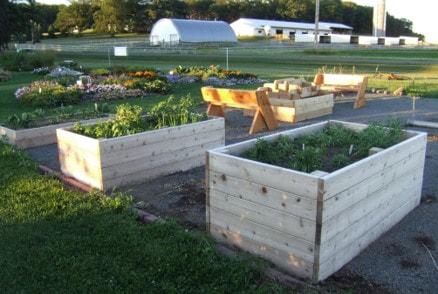
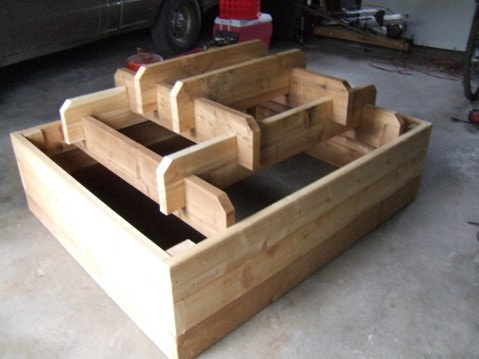
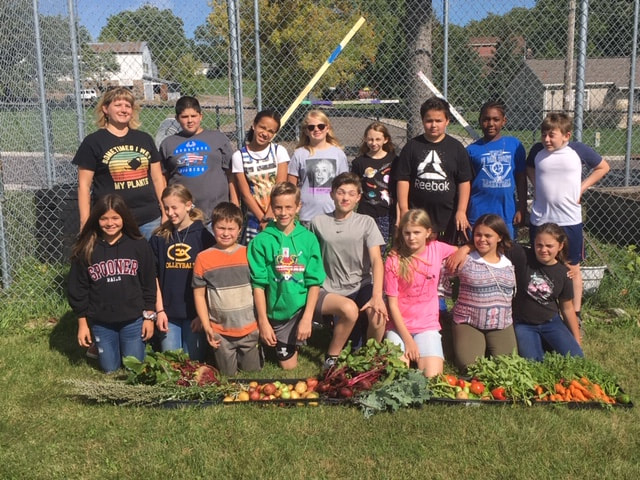
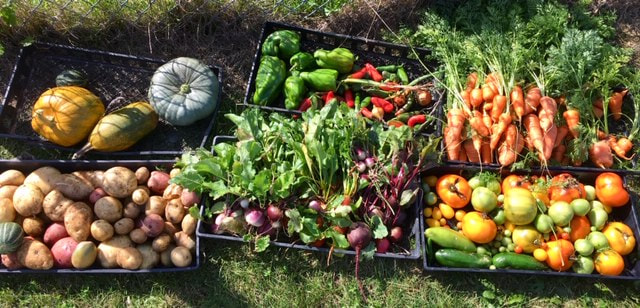
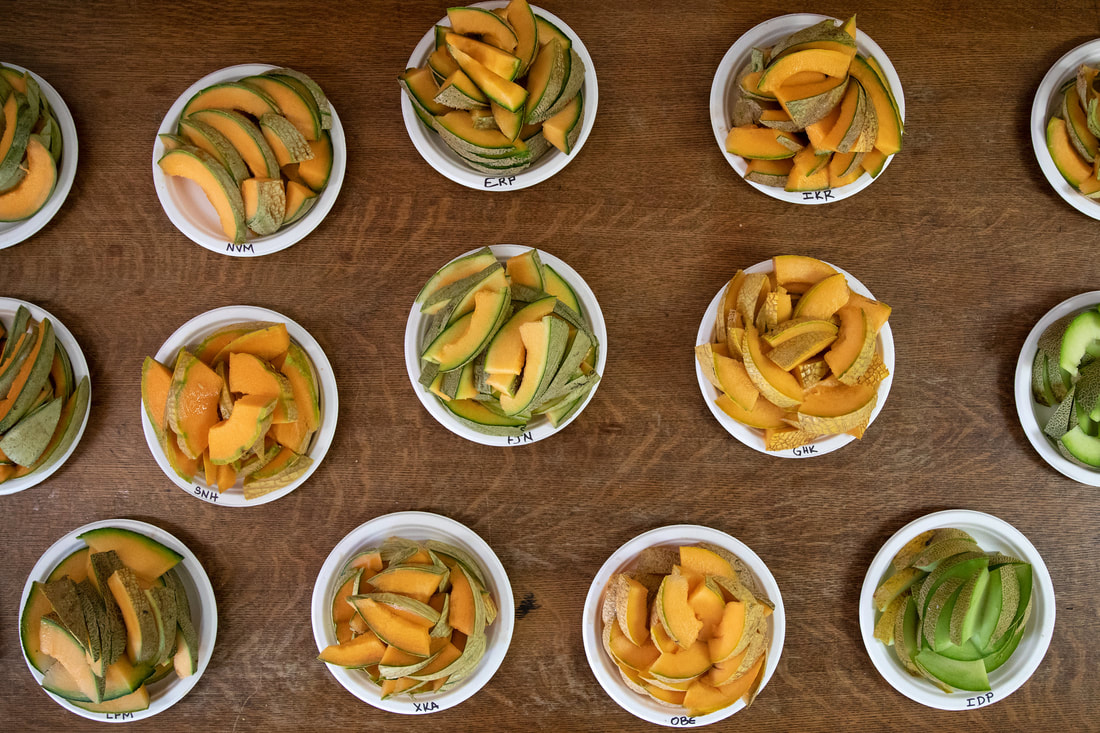
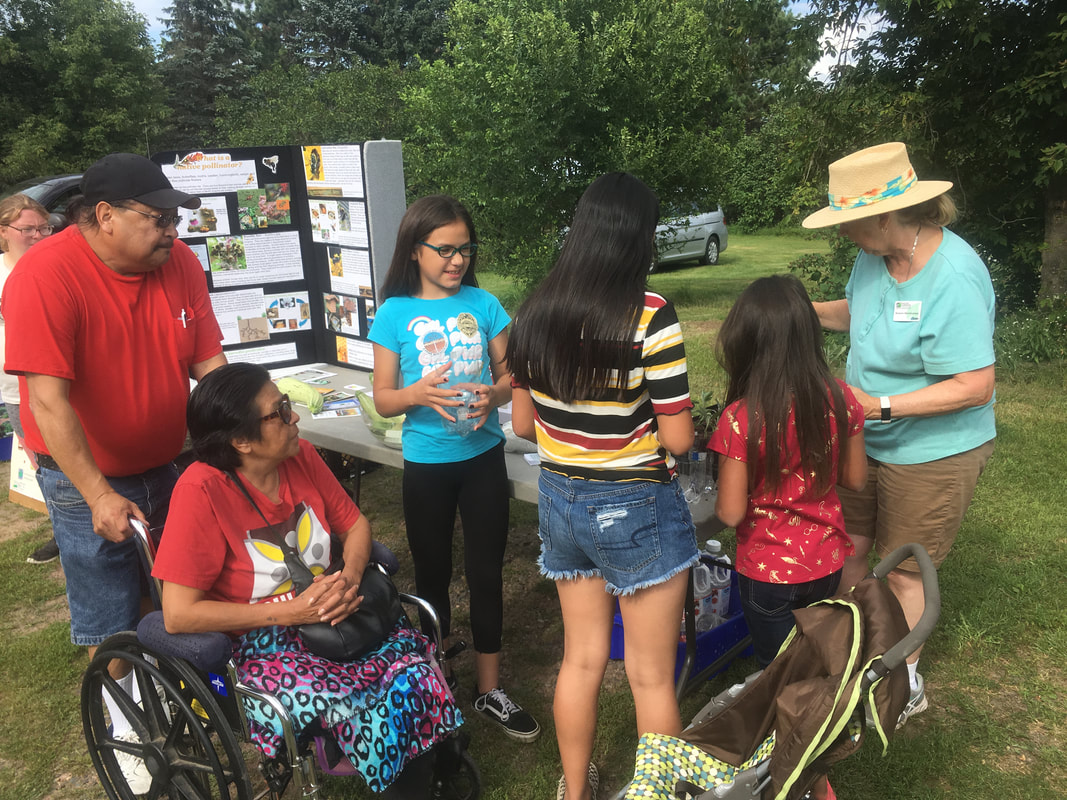
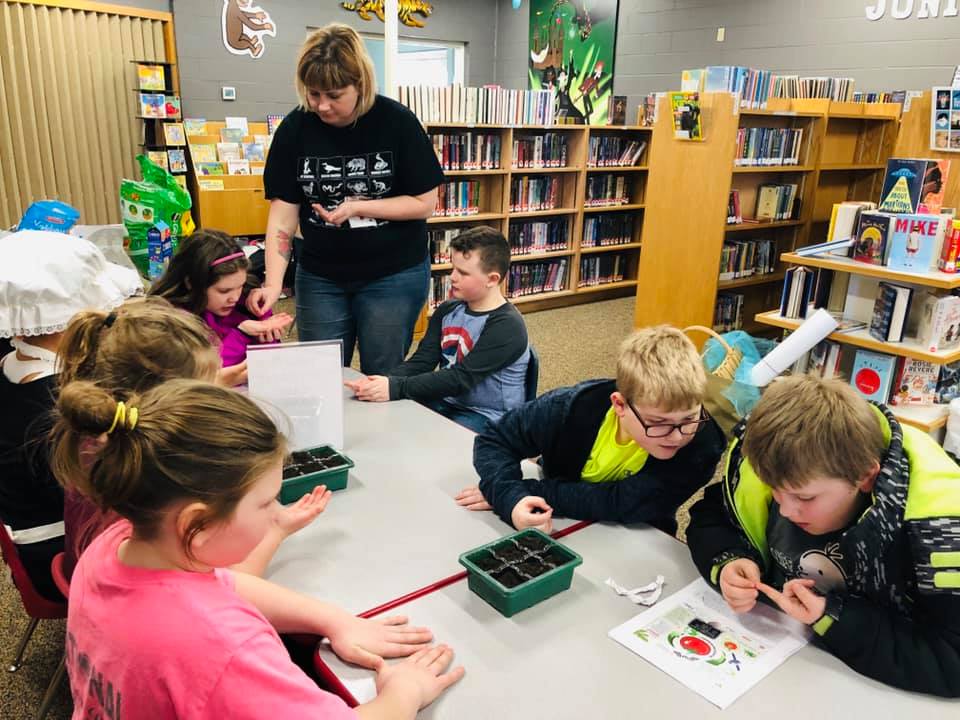
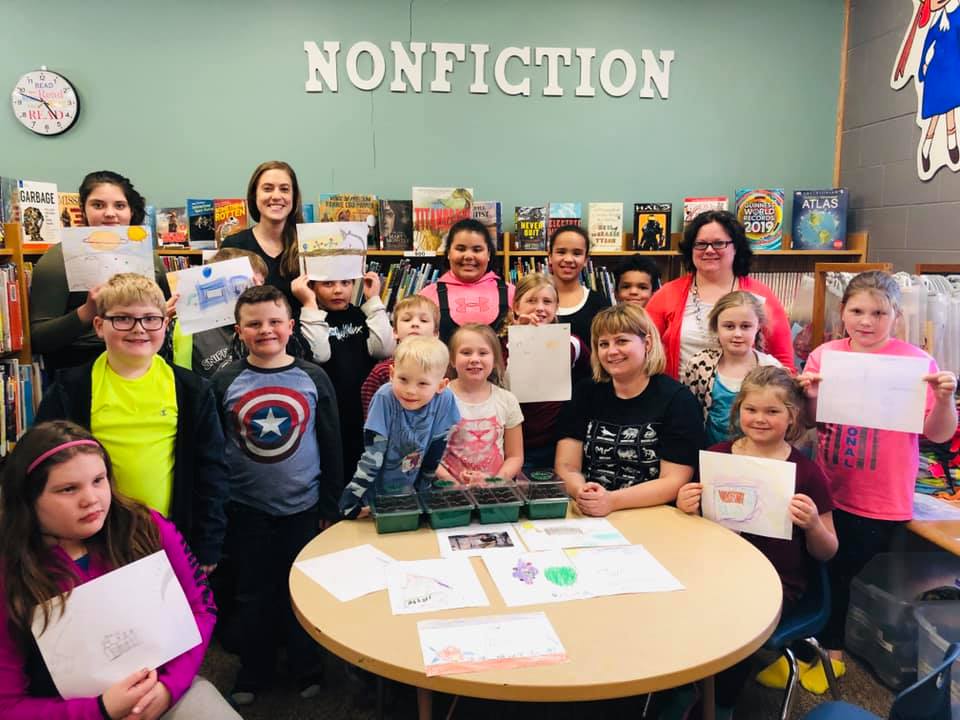
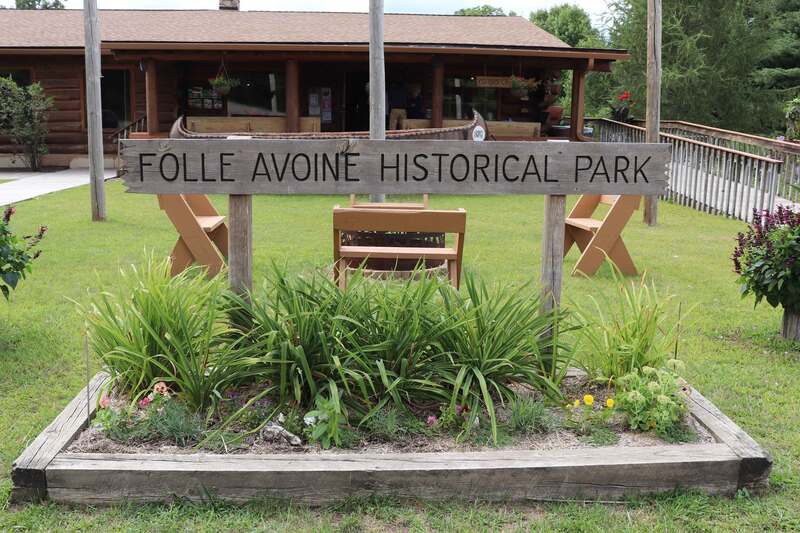
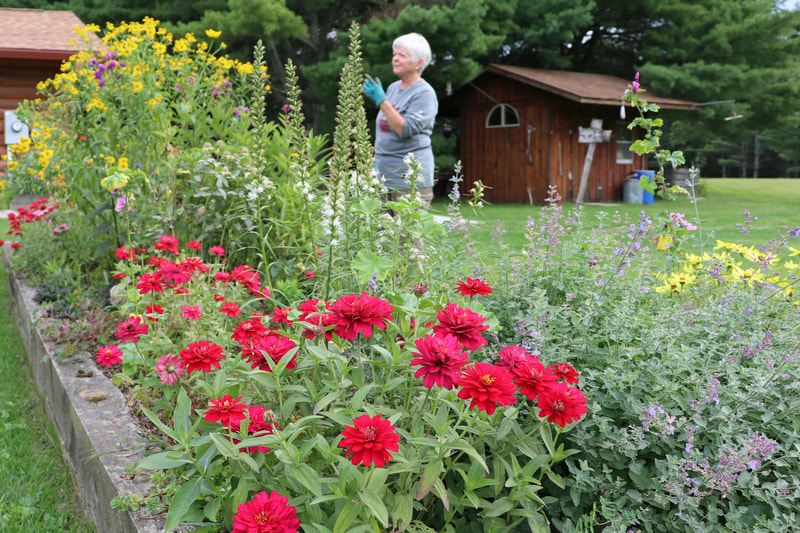
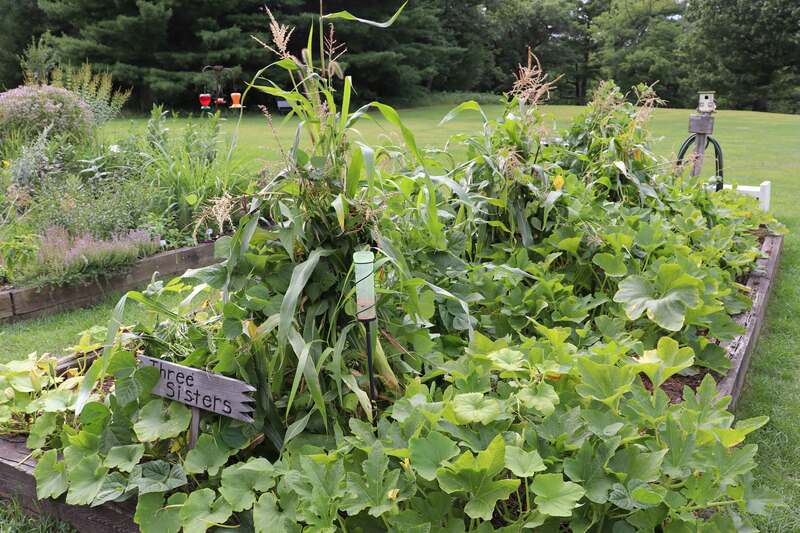
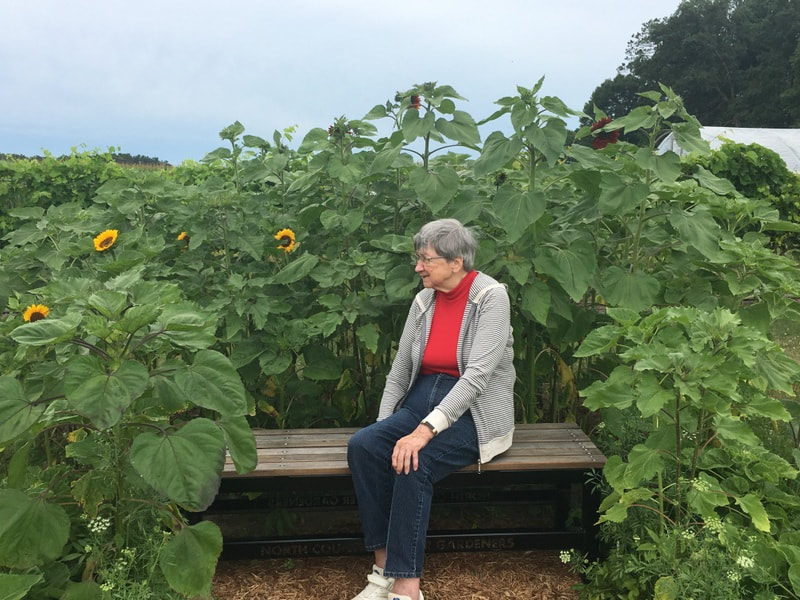
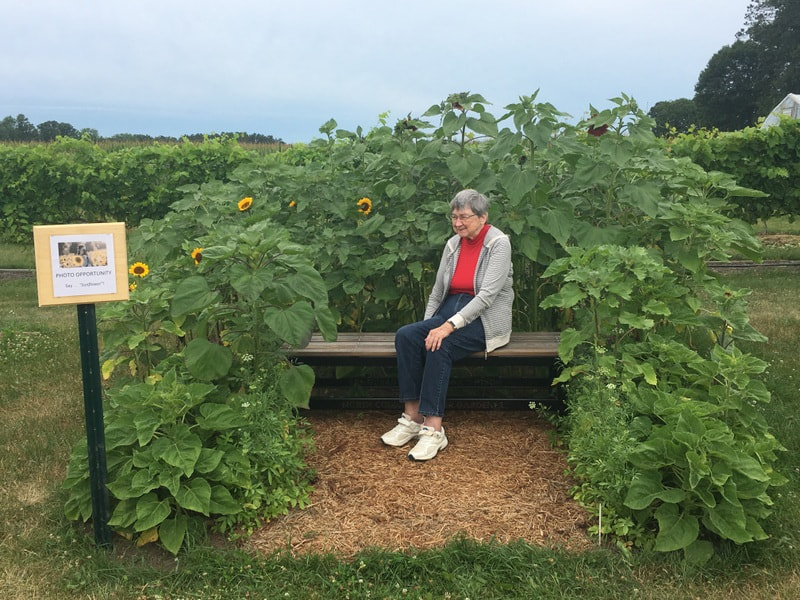
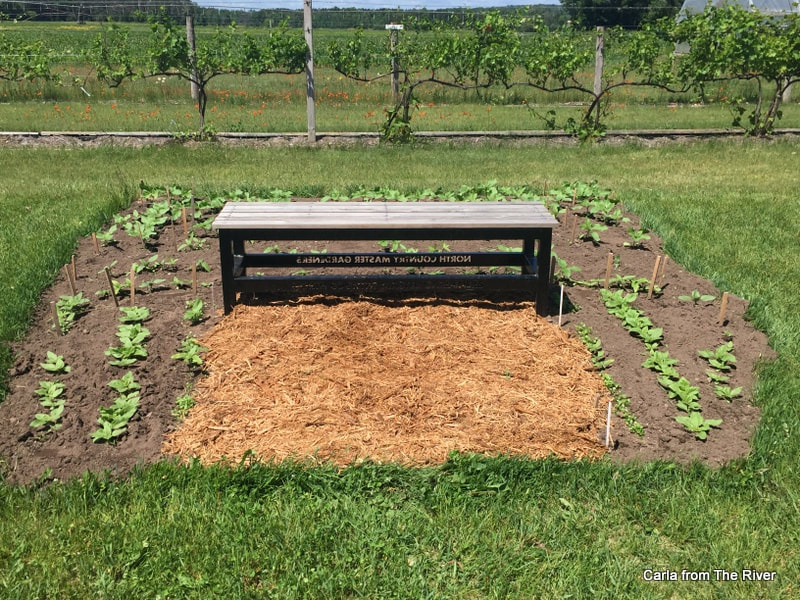
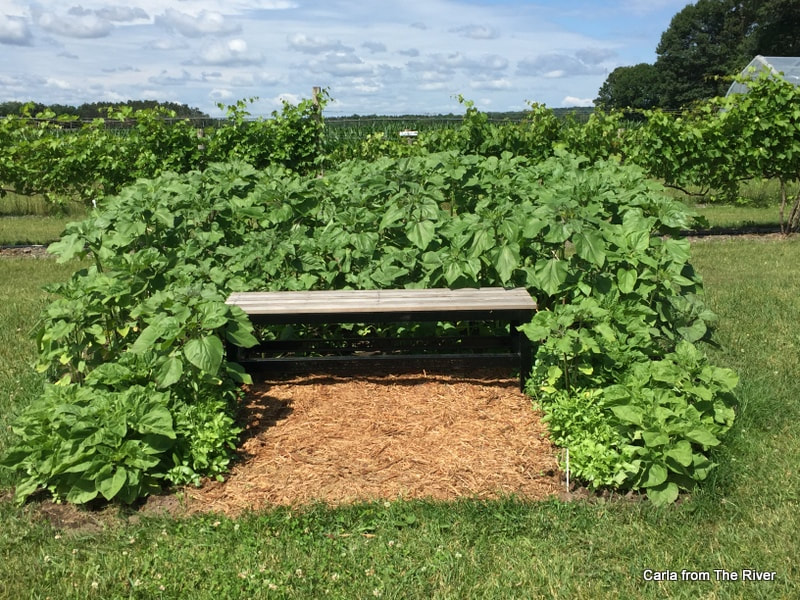
 RSS Feed
RSS Feed